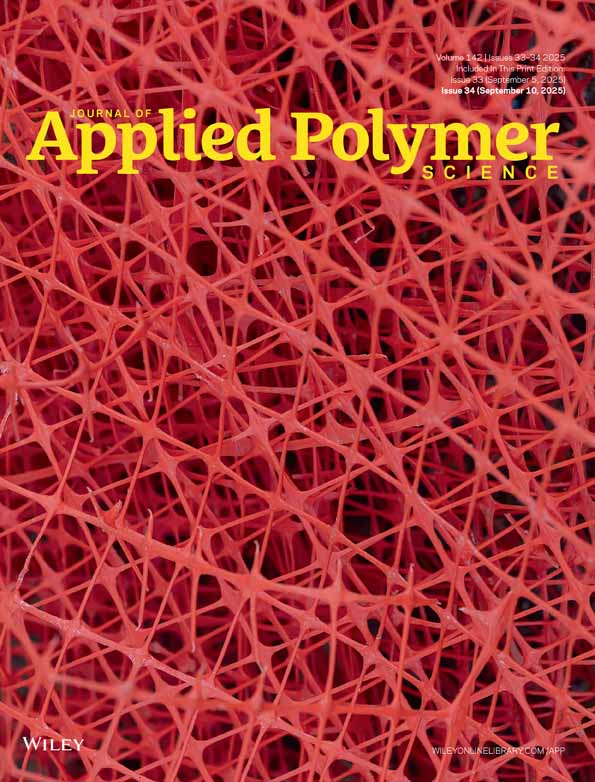Accelerated wear testing with a microfabricated surface to evaluate the lubrication ability of biomolecules on polyethylene
Abstract
Wear of ultrahigh-molecular-weight polyethylene (UHMWPE) and wear-particle-induced osteolysis and bone resorption are the major factors causing the failure of total joint replacements. It is feasible to improve the lubrication and reduce the wear of artificial joints. We need further understanding of the lubrication mechanism of the synovial fluid. The objective of this study is to evaluate the lubricating ability of three major components in the synovial fluid: albumin, globulin, and phospholipids. An accelerated wear testing procedure in which UHMWPE is rubbed against a microfabricated surface with controlled asperities has been developed to evaluate the lubrication behavior. An analysis of the wear particle dimensions and wear amount of the tests has provided insights for comparing their lubrication performance. It is concluded that the presence of biomolecules at the articulating interface may reduce friction. A higher concentration of a biological lubricant leads to a decrease in the wear particle width. In addition, in combination with the wear results and mechanical analysis, the roles of individual biomolecules contributing to friction and wear at the articulating interface are discussed. These results can help us to identify the role of the biomolecules in the boundary lubrication of artificial joints, and further development of lubricating additives for artificial joints may be feasible. © 2008 Wiley Periodicals, Inc. J Appl Polym Sci, 2008




